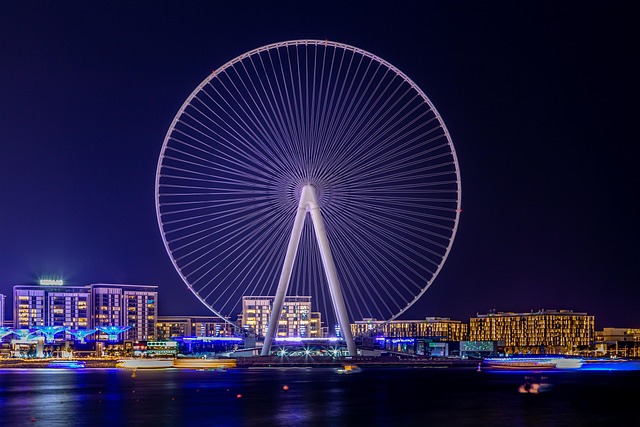In an era dominated by screens and instant connectivity, the concept of self-representation has gained unprecedented importance. We navigate a world where our identities are often curated through the lens of social media. The photos we choose, the words we type—each decision shapes how we present ourselves to the digital universe. As we seek validation through likes and shares, it’s crucial to pause and evaluate whether our online personas resonate with our true selves.
Striking a balance between our real-world identities and our curated online presence can feel like walking a tightrope. Many of us grapple with the pressure to appear perfect, leading to a fractured sense of self. This can result in a disconnect between who we are in our daily lives and how we portray ourselves online. In this chaotic digital landscape, self-representation often teeters between authenticity and artifice.
One emerging antidote to this struggle is the practice of digital detox. Taking time away from screens gives us a chance to reconnect with our most genuine selves, allowing us to reflect on the narratives we share online. Engaging in offline activities can rekindle our passions and interests that often get suppressed in the digital noise. Whether it’s reading a book, going for a walk, or simply spending time with loved ones, these moments remind us of the intrinsic value of human connection.
Furthermore, the continuous advancement of technology poses a distinct challenge for self-representation. The allure of filters and editing tools can warp our perception of beauty, leading us to adopt unrealistic standards for ourselves. The question arises: how much of our self-worth is tied to the approval we seek online? Are we defining ourselves in relation to others, or are we embracing our unique qualities?
In this context, it is essential to foster self-awareness and cultivate a mindset of acceptance. Recognizing that our worth is not dictated by our digital footprint can liberate us from the chains of comparison. Embracing our imperfections and celebrating our uniqueness can serve as a foundational step towards achieving a more harmonious balance in self-representation.
The key lies in understanding that technology should enhance our lives, not overshadow our humanity. As we navigate the complexities of the digital age, let’s prioritize our intrinsic value over the superficial metrics of success. Finding balance in self-representation requires intentionality and courage—qualities that can lead us towards a more authentic existence, both online and offline.




